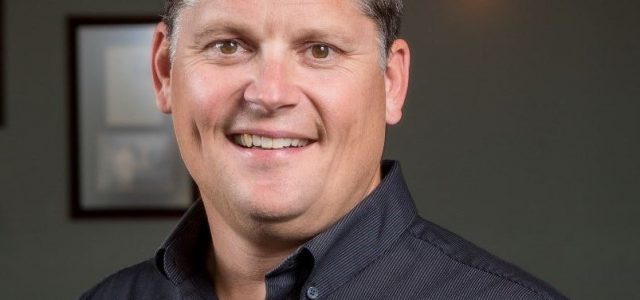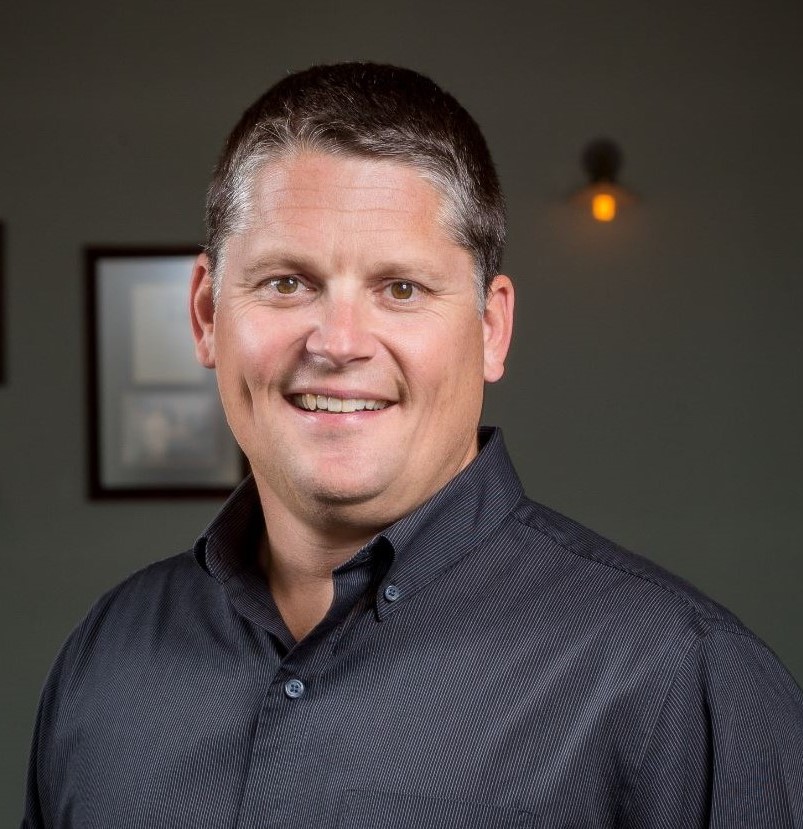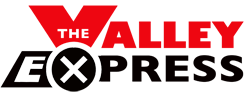Brian Sandvig Elected Chair of South Dakota Chamber
Local News January 10, 2021 Staff 0


Brian Sandvig, vice president of operations and human resources at Valley Queen Cheese in Milbank, has been elected to chair the board of the South Dakota Chamber of Commerce and Industry. Sandvig has been a member since 2015, and he most recently served as the chairman-elect.
Sandvig will serve a two-year term which he says, “Gives me plenty of time to really understand how the place works. As chair, I’ll preside over all of the meetings, which include four regular meetings a year and weekly legislative calls. I’ll interact with the staff of three and help the board focus on making sure the chamber is well managed and effective in pursuing its mission.”
Most people are aware of their local chamber of commerce, but not as familiar with the South Dakota Chamber of Commerce and Industry. Sandvig explains the difference as, “The state chamber has a statewide policy focus and membership that is independent of local chambers or the US Chamber of Commerce. We all share a brand name identity and work closely together, but we’re not vertically integrated like many other organizations.”
Sandvig says, “The Chamber of Commerce movement started at the local level in New York City in 1768. Later, many states created similar organizations to deal with statewide issues. In 1912, the US Chamber was established.” Sandvig was quick to note, “None of the dues we pay to the Milbank Chamber are sent to either the South Dakota Chamber or the US Chamber. The Milbank Chamber is completely local, but we often work with the state chamber on issues important to Milbank businesses.”
Sandvig says the South Dakota Chamber is important to local businesses because the Milbank Chamber doesn’t have the resources to keep an eye on all the laws, the related regulations, and ballot measures. “The South Dakota Chamber is at the legislature all day every day. It goes to rules hearings, researches ballot measures, and organizes campaigns to oppose or support them. It also shares their research and analysis to help local chambers understand the issues.”
Most recently, the South Dakota Chamber of Commerce and Industry led the campaign against legalizing recreational marijuana, also known as Amendment A. Sandvig says, “The campaign performed extensive research and tried to raise enough money to at least keep marijuana out of the state’s constitution. But, in the end, Amendment A passed because the marijuana interest groups spent nearly $1 million dollars getting on the ballot in 2019 and another $1.6 million on the campaign in 2020.
He says, “I’m proud of the work the South Dakota Chamber did, even if we did come in second. Without the state chamber, there wouldn’t have been a focused, well-organized, and research-based political campaign against Amendment A.”
The campaign is also illustrative of the work the South Dakota Chamber does by taking the lead in dealing with concerns that affect all economic development and all businesses. According to Sandvig, issues such as unemployment insurance or, as it is now known, reemployment assistance; workers compensation law; general sales and use taxes; property taxes; employment law; infrastructure; education; and how the government itself is operated are beyond the scope of what many industries can address on their own.
What are some of the things the state board is getting ready to tackle? Sandvig says, “This year will feature the one-time investments Governor Noem has requested to make sure there is another transfer of federal money into the reemployment assistance trust fund and funding levels for schools.”
The Chamber has also been working with a number of business groups to write a “covid-19 liability law.” The bill would offer some level of protection from opportunistic lawsuits brought against businesses that have followed the recommendations of the CDC. “Of course,” he adds, “we will also follow the various laws and rules needed to implement the marijuana laws passed last November should the lawsuit not stop them altogether.”
If you are interested in getting more involved, the state chamber organizes and runs the Governor’s Giant Vision Entrepreneurship Competition which awards $20,000 to the top new business idea of the year. And, keep in mind the special day during each legislative session in Pierre which is designated as Business Day. The state chamber presents a briefing and conducts the “Business Caucus.” Local chamber members vote on issues using their cell phones, and the results are available right away for discussion. The results are also shared with legislators and the governor’s office.
This year, Business Day in Pierre is scheduled for February 17. The legislature is still deciding how the session will be conducted, but most likely Business Day participants from across the state will use virtual platforms for the legislative briefing and business caucus questions. According to Sandvig, some groups will be sending people to Pierre to meet with legislators and attendees might also gain access to legislators as they flow in and out of events, but there will be no large banquets.
Sandvig says, “The most important function — the Business Caucus — might end up stronger than ever with many more people able to add their voice to the results. I would encourage business people in Milbank to participate. You will learn up-to-the-minute information about the session and have a voice in showing legislators how the “real business people” feel about the issues of the day.”












No comments so far.
Be first to leave comment below.